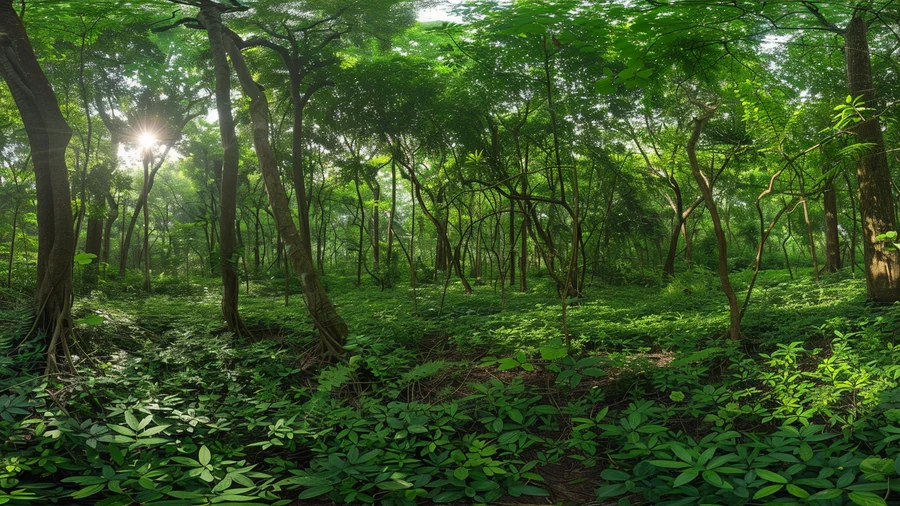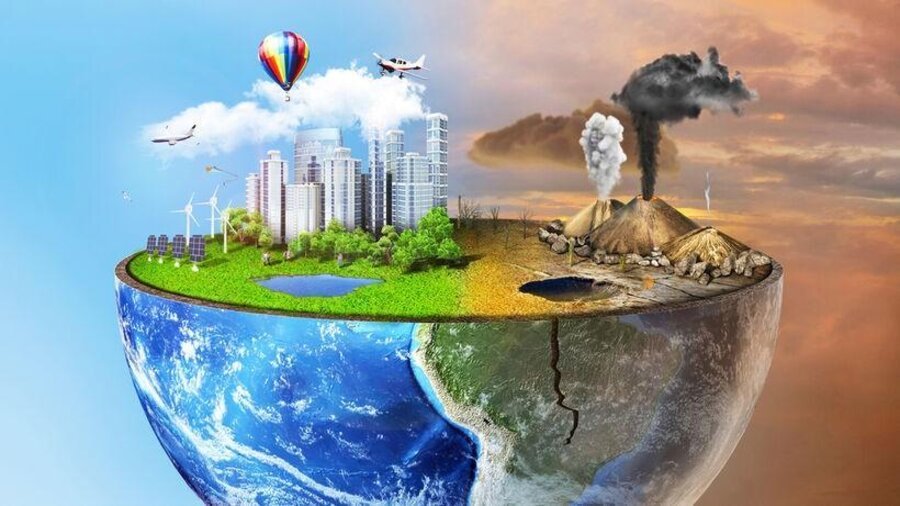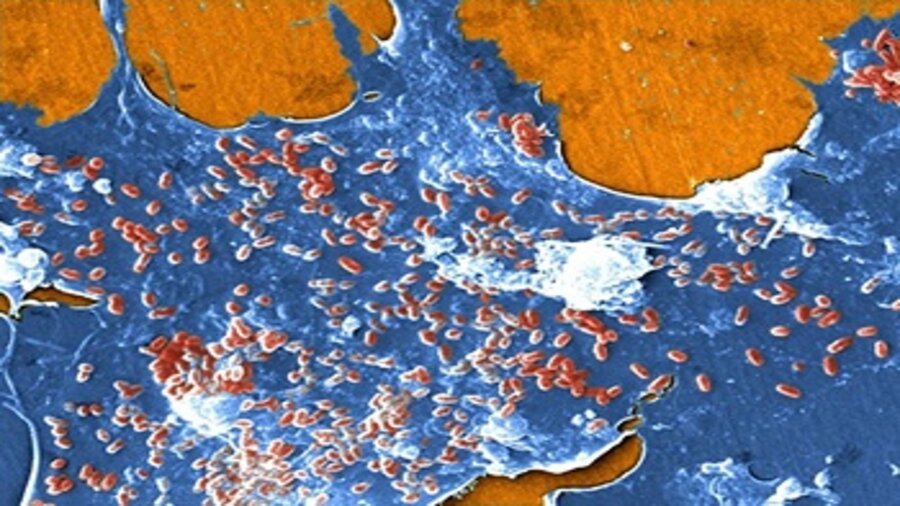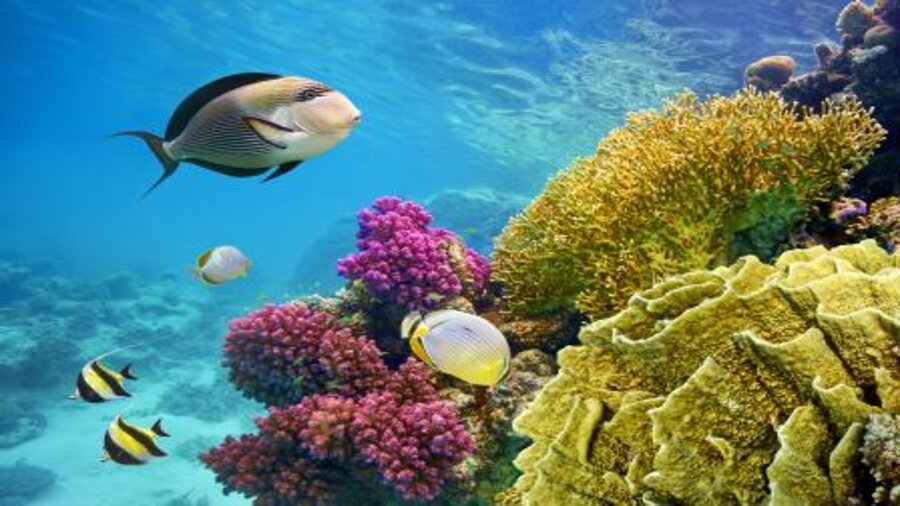Intrusive species are non-local life forms that, when acquainted with new conditions, hurt nearby environments, economies, and human well-being. These species can be plants, creatures, growths, or microorganisms that flourish in their new natural surroundings, frequently outcompeting local
The Significance of Wetlands and Their Role in Climate RegulationRead More »






